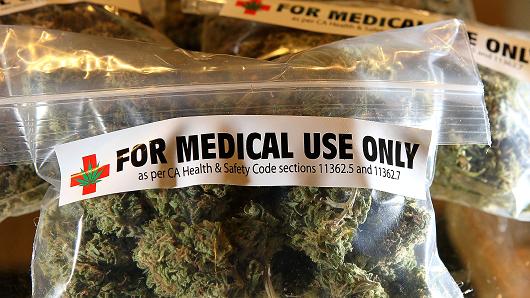
After over $11 million, three years and one failed attempt, Amendment 2 was passed on November 8, 2016 with 71.3 percent of Florida voters in support of the bill. Medical marijuana officially became legal in Florida on January 3, 2017, but the effects of legalization have proceeded with such discretion they’ve been practically unnoticeable to many Florida residents.
Amendment 2 was designed to alleviate the suffering and symptoms of individuals suffering from debilitating medical conditions including cancer, epilepsy, glaucoma and HIV/AIDS, although some level of discretion on the part of medical professionals is allowed in determining whether or not patients qualify for a medical marijuana prescription. The amendment extended the previous regulations for attaining medical marijuana in Florida, which allowed for terminal patients with less than a year to live to receive marijuana that only contains CBD – only after receiving special accommodations from the Florida government.
The amendment requires that the Florida Department of Health (FDOH) license the prescribing physician – there are only 340 doctors currently registered in the entire state. There are also regulations on the number of companies who can produce medical marijuana, with only six growers and distributors currently licensed. Over 24 Florida cities have banned the sale of medical marijuana while others have enacted temporary moratoriums on the opening of dispensaries – the Sarasota city council has designated a 9-month ban.
Projections by ArcView Market Research and New Frontier Data claim that Florida’s potential medical marijuana consumption could surpass $1 billion in sales by 2019 and that the state could begin to out-sell Colorado within four years. The immensity of the potential market – and the potential profit – of even partial legalization in Florida has resulted in a steady stream of dispensaries opening around the state – the second dispensary in South Florida opened on April 19 – and the perhaps overly optimistic discussion of recreational legalization in the near future.
Information gathered from Leafly, Sun Sentinel, Miami Times and the Herald Tribune.

